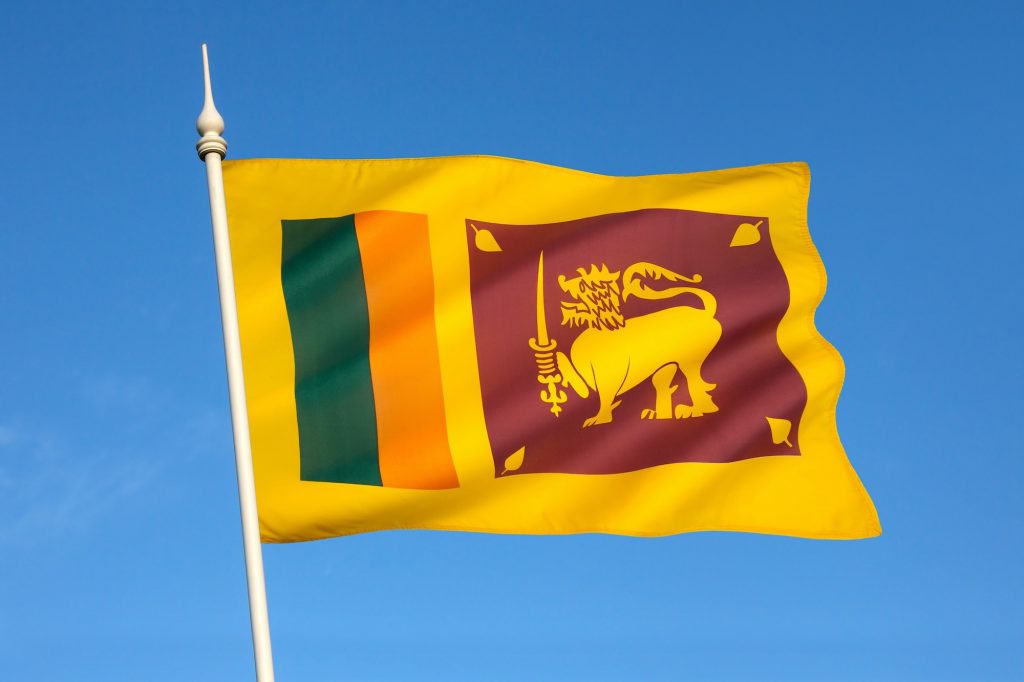UN Human Rights Office asks for revision of Sri Lanka’s Anti-Terrorism and Online Safety Bills
OHCHR urges the Sri Lankan authorities to take appropriate action in revising The Anti-Terrorism and Online Safety Bill. The Bills at hand could hinder the rights of Sri Lanka’s citizens, mainly the freedom of expression.

The UN Human Rights Office (OHCHR) raised concerns over Sri Lanka’s Online Safety Bill and Anti-Terrorism Bill and asked the government to make appropriate revisions to ensure the country’s adherence to international human rights law. OHCHR’s main concern is that the current bills give wide discretion to authorities that could infringe on human rights.
While some adjustments to The Anti-Terrorism Act have been positive, such as abolishing the death penalty for committed crimes, problems arising with the excessive authorities’ powers in occasions related to the freedom of expression and peaceful assembly remain. Namely, the OHCHR states that the current restrictions on these rights fail to meet the necessity and proportionality requirements. OHCHR also noted that the Bill has a broad definition of terrorism and gives extensive powers to the police and military to detain and search people with insufficient judicial oversight. Curfews, restriction orders, and designating prohibited places also lack adequate checks and balances on executive authority.
With regard to the Online Safety Bill, OHCHR is concerned that it could excessively regulate online communication, allowing authorities to label and restrict content they disagree with as “false statements.” The Bill contains vague terms and definitions that could lead to arbitrary interpretation and criminalize legitimate expression, potentially impacting freedom of expression. Thus, the OHCHR urges the government to engage in meaningful consultations with civil society and UN experts and make significant revisions to ensure compliance with international human rights obligations in Sri Lanka.
Why does it matter?
Earlier this month, the Asia internet Coalition (AIC) and the International Commission of Jurists (ICJ) also expressed their concerns with the Online Safety Bill, with AIC even calling it ‘draconian’. They fear that the Bill could severely violate the freedom of speech and the rights of civil society. The AIC argues that the Bill could jeopardise the country’s developing digital economy by not considering industry stakeholders’ interests.
